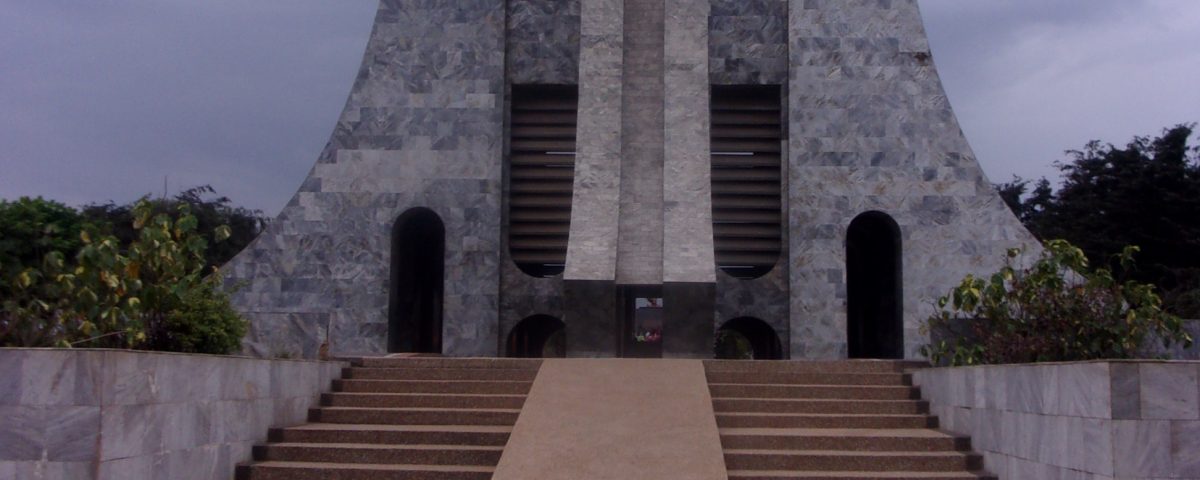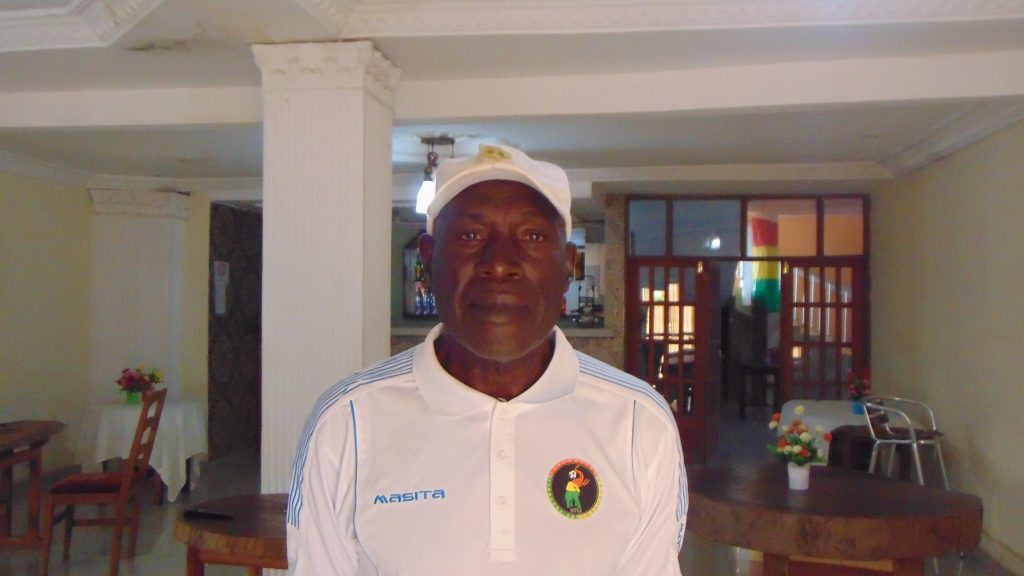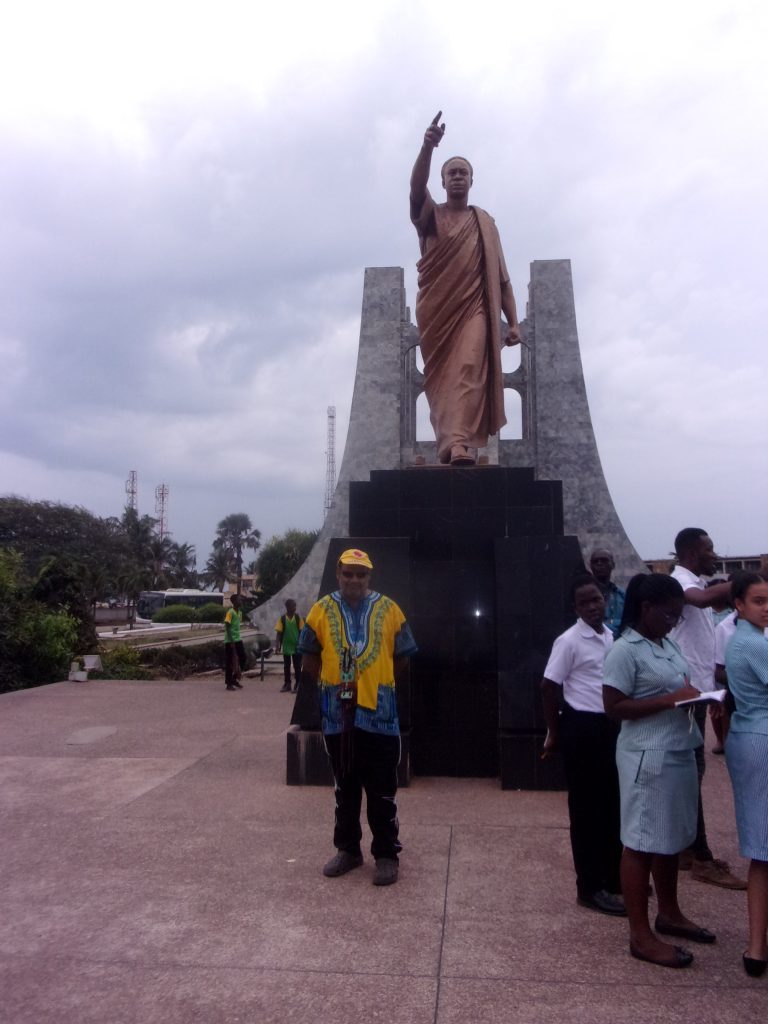Historic AFCON (Part Nine)

Historic AFCON (Part Eight)
January 10, 2024
Historic AFCON (Part Ten)
January 14, 2024Historic AFCON (Part Nine)

KODAK Digital Still Camera
By Satish Sekar © Satish Sekar (January 9th 2024)
No Final
Morocco has underachieved in the Africa Cup of Nations (AFCON) – there can be no doubt about that. The Atlas Lions are among the favourites for the 34th edition, which begins on Saturday after their historic achievements in the FIFA World Cup in Qatar. Morocco has only won AFCON once and that was in 1976, benefiting from the strangest format in its history.
That tournament had no final or semi-finals – it had a league of four teams, Egypt, Guinea, Morocco and Nigeria. The final phase kicked off on March 9th 1976 with Morocco beating Egypt 2-1 and Nigeria drawing with Guinea 1-1. Two days later the Atlas Lions beat Nigeria 2-1 and Guinea beat Egypt 4-2, meaning the Pharaohs and Nigeria could not win the tenth AFCON. Morocco only needed to avoid defeat while Guinea had to win to claim the title. Meanwhile, the consolation match was similar – Nigeria had to avoid defeat to win third place while Egypt had to defeat Nigeria to avoid finishing bottom of the final phase group. Nigeria beat Egypt 3-2 despite the legendary Mahmoud El-Khatib giving the Pharaohs the lead, so Nigeria claimed third place, as Guinea avoided defeat.

With just over half an hour played Chérif Souleymane gave the Syli the lead. History would be made as one of Guinea or Morocco would win the title for the first time. With less than five minutes of normal time remaining Mohamed Baba changed the destination of the trophy with the equalising goal.
Legacies
Morocco
The Atlas Lions had finally broken their trophy duck, but to date they never became champions of Africa at senior level again. This led to a root and branch review that resulted in Morocco leading Africa in the development of facilities and much more besides. They are now the top African team according to the latest FIFA rankings.
The review identified a big but predictable problem – club versus country. The clubs were not interested in academies at that stage as tit was about a successful team. You could not predict when injury or loss of form or other football related matters would affect the fortunes of the team, which meant you could not know where a weakness in terms of position would occur. Academies would take time, so clubs simply filled voids wherever they occurred by transfers. They didn’t care if the player was Moroccan or not – their one concern was results.
That affected the Atlas Lions. Mohammed VI cared about Morocco’s football. He wanted a competitive and successful team. The review recommended sporting centres (a national academy). It took a couple of years to build the Mohammed VI Complex in Salé. I visited it while it was being built and interviewed its Director Nasser Larguet. The explanation of its aims and objectives and more provided riveting listening. I left believing that this was the key to success.
It delivered quickly. It opened its doors in 2012. Among the players it produced are Nayef Aguerd, currently playing for West Ham in England’s Premier League and Sevilla’s Youssef En-Nesyri. Both featured in Morocco’s World Cup campaign of 2018 and the historic run to the last four in 2022 – the best performance by an African nation in the FIFA World Cup.
Unlike the Romanian King Carol II, who became king on June 8th 1930, and promptly bought his country a slot in the first FIFA World Cup just weeks before Uruguay hosted it, Mohammed VI invested in football development enabling the Atlas to qualify for top competitions on merit. They have become a model for other African nations to follow.
The current crop of Atlas Lions has yet to deliver the coveted second AFCON title, but they are among the favourites to win the 34th edition.
Ghana
Meanwhile, Ghana’s is a sorry tale. They were undoubtedly the African team of the 1960s, and that was achieved by reaping the benefits of Kwame Nkrumah’s Football Revolution. Osagyefo (Nkrumah) realised that football could highlight African achievement – it needed organisation and a team ethic, so that cooperation spread the message that Africans could govern and organise for themselves.
It worked spectacularly. Ghanaian football was reorganised by Sports Minister, the late Dr Ohene Djan with new competitions and a new team Real Republicans, which was the basis of the national team. It developed ageing players as the next generation of coaches by sending them abroad to learn – the great Charles Kumi Gyamfi was among them.

In February 1966 Nkrumah was toppled in a coup. Joseph Ankrah, a former player for Accra’s Hearts of Oak became the country’s leader and set about dismantling Nkrumah’s legacy, including the Football Revolution.
That part started with utterly shameless political interference in football. Gyamfi was demoted. An appeal was sent to Brasil, then run by the military since the 1964 coup d’état, to provide a new coach for Ghana. Former fitness trainer, who only just qualified as a coach, Carlos Alberto Parreira – he later won the World Cup – answered the call. There was absolutely no football reason that could justify the decision to appoint Parreira above Gyamfi. It resulted in one of the biggest shocks in AFCON history as Congo-Kinshasa defeated Ghana 1-0 thanks to the late great Pierre Kalala Mukendi.
Parreira was sacked, but so was Gyamfi. The Black Stars lost again in 1970, and that began the wilderness years. They had already failed to qualify for the 1972 AFCON when another coup brought Ignatius Acheampong to power. He stayed in power until he too was ousted in a coup in 1978. In 2008 Gyamfi told me that Acheampong was pro-football, but he still presided over the wilderness years as Ghana failed to qualify for the 9th and 10th AFCONs as well, and they only qualified for 1978 as the host. Nevertheless, the Black Stars, coached by a Ghanaian once more – Parreira, Karl Heinz Marotzke, Nicolae Dumitru, and Karl Weigang all failed to qualify Ghana for an AFCON, and the late Fred Osam-Duodu took over from the Brasilian O.C. Sampaio weeks before the start of the 1978 AFCON was due to begin in Ghana.

